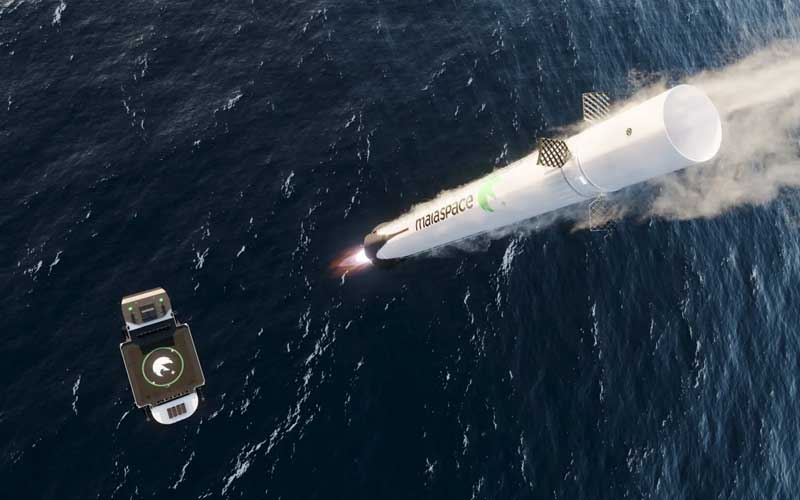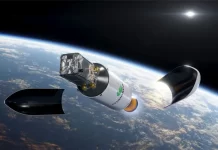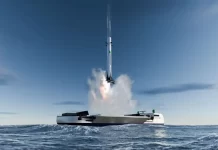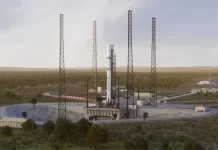
MaiaSpace CEO Johann Leroy has suggested that a partnership with Italian rocket builder Avio could benefit both companies and bolster Europe’s independent access to space.
Founded in early 2022 as a wholly-owned subsidiary of ArianeGroup, MaiaSpace is developing a 50-metre tall, two-stage, partially reusable rocket designed to deliver small satellites to orbit. Headquartered in France, the company currently employs 230 people and has secured €125 million in funding from Airbus and Safran through its parent company, ArianeGroup.
Although Avio traces its origins back to 1908, the company in its current form emerged in 2003 when it signed initial development contracts for the Vega rocket, and its aerospace business was sold to The Carlyle Group and Finmeccanica. Since then, Avio has changed ownership twice, with the second change coinciding with its listing on the Milan Stock Exchange. Early this month, the company returned its Vega C rocket to flight after being grounded for nearly two years.
In an interview with Italian newspaper Corriere della Sera, MaiaSpace CEO Johann Leroy was asked whether or not a collaboration with Avio was feasible. While Leroy emphasized that MaiaSpace is wholly focused on delivering its Maia rocket, he did not rule out a possible collaboration with Avio.
“The goal of MaiaSpace is to design, produce, and operate the mini-launcher, as well as to market the related launch services, and to stay focused and responsive to market developments,” said Leroy. “However, I am convinced that a collaboration between Avio and MaiaSpace could be established. It would be an advantage for both companies and for Europe.”
In response to a separate question, Leroy clarified that Maia would not compete with Vega C or the upcoming Vega E, set to debut later this decade.
“I understand that by the end of the decade, Vega will move towards larger capacity launchers (i.e. Vega E), thus entering into competition with medium-sized launchers,” said Leroy. “MaiaSpace has its own market strategy.”
Leroy added that the company was not focused on who MaiaSpace would challenge in Europe, but rather on whether the company could be competitive in the global market. “The real competition is out there, especially in the US, and we have no choice but to lower costs and do things drastically differently,” said Leroy.
MaiaSpace initially targeted the inaugural flight of its Maia rocket for late 2025. However, after being granted permission to utilize the old Soyuz launch facility at the Guiana Space Centre, the launch date was pushed to 2026 to allow time for retrofitting the site for its needs.




